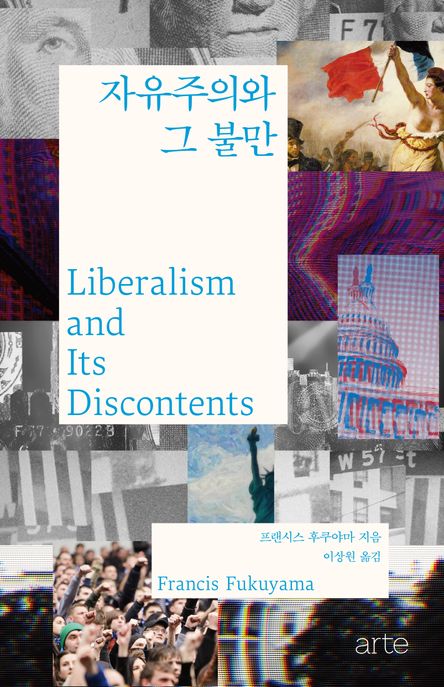
단행본
The origins of political order: from prehuman times to the French Revolution
- 개인저자
- Francis Fukuyama
- 발행사항
- New York : Farrar, Straus and Giroux, 2011
- 형태사항
- xiv, 585 p. : ill., maps ; 24 cm
- ISBN
- 9780374227340
- 청구기호
- 342.1 F961t
- 서지주기
- Includes bibliographical references and index
소장정보
| 위치 | 등록번호 | 청구기호 / 출력 | 상태 | 반납예정일 |
|---|---|---|---|---|
이용 가능 (2) | ||||
| 1자료실 | 00013211 | 대출가능 | - | |
| 1자료실 | 00013291 | 대출가능 | - | |
이용 가능 (2)
- 등록번호
- 00013211
- 상태/반납예정일
- 대출가능
- -
- 위치/청구기호(출력)
- 1자료실
- 등록번호
- 00013291
- 상태/반납예정일
- 대출가능
- -
- 위치/청구기호(출력)
- 1자료실
책 소개
A New York Times Notable Book for 2011 A Globe and Mail Best Books of the Year 2011 TitleA Kirkus Reviews Best Nonfiction of 2011 title Virtually all human societies were once organized tribally, yet over time most developed new political institutions which included a central state that could keep the peace and uniform laws that applied to all citizens. Some went on to create governments that were accountable to their constituents. We take these institutions for granted, but they are absent or are unable to perform in many of today’s developing countries?with often disastrous consequences for the rest of the world.Francis Fukuyama, author of the bestselling The End of History and the Last Man and one of our most important political thinkers, provides a sweeping account of how today’s basic political institutions developed. The first of a major two-volume work, The Origins of Political Order begins with politics among our primate ancestors and follows the story through the emergence of tribal societies, the growth of the first modern state in China, the beginning of the rule of law in India and the Middle East, and the development of political accountability in Europe up until the eve of the French Revolution.Drawing on a vast body of knowledge?history, evolutionary biology, archaeology, and economics?Fukuyama has produced a brilliant, provocative work that offers fresh insights on the origins of democratic societies and raises essential questions about the nature of politics and its discontents.






